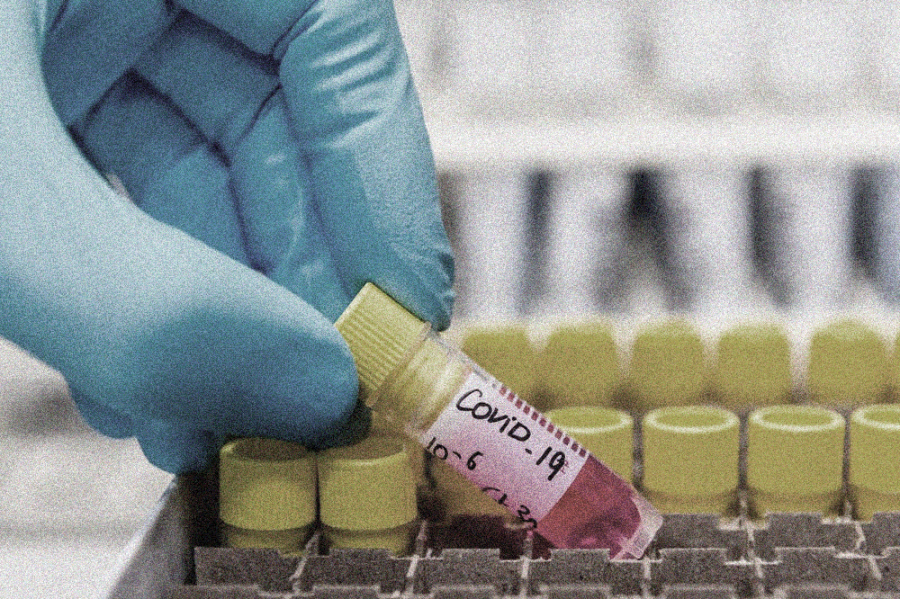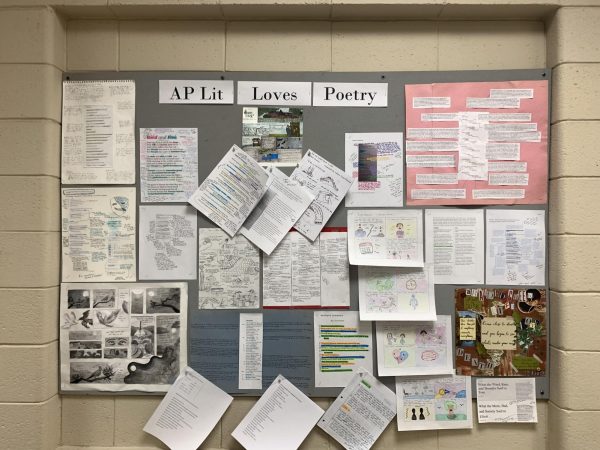Covid Cure?
As researchers and scientists are racing worldwide to find a vaccine for Covid-19, the pandemic we have known since March is still at large.
Vaccines usually take years to complete examination, considering the numerous testing trials and many stages of approval required.
Vaccines were created to mimic infection and train the immune system to fight against unwanted bacteria.
When bacteria or infection has entered the body, the body uses white blood cells to fight back. The different types of white blood cells include macrophages, B-lymphocytes, and T-lymphocytes.
Macrophages digest the germs and leave behind harmful antigens. The B- lymphocytes produce antibodies to attack those antigens, while the T-lymphocytes attack the body’s infected cells.
If the body is fighting an infection for the first time, it may take a while to process.
After attacking the invader, memory cells are created, so antibodies are produced if the infection enters the body again. It may sound complicated, but based on this, scientists can develop medicines to fight bacteria.
There are several types of vaccines, including inactivated and activated.
Activated vaccines ordinarily carry a weakened part of the living infection and are good teachers for the immune system.
Children and adults with weakened immune systems, such as patients undergoing chemotherapy, cannot use vaccines, for their bodies are not strong enough, which allows the infection to spread.
Inactivated vaccines kill bacteria during creation, but several medicine doses are needed to stabilize the immune system.
Researchers believe they could produce a vaccine by next year for Covid 19.
There are three types of Covid 19 vaccines:
1) mRNA vaccines make proteins from the infection and can fight back using those materials.
2) Protein subunit vaccines are much like the activated vaccines, where a part of the germ is injected into the body, and white blood cells fight back.
3) Vector vaccines have a weakened version of a different virus with the same genetics tempting the cells to fight back.
“Researchers are testing 54 vaccines in clinical trials on humans, and at least 87 preclinical vaccines are under active investigation in animals,” The New York Times concluded.
There are many stages to building and approving a vaccine.
The first stage is preclinical testing, where scientists experiment the vaccine on cells, then supply the vaccine to animals.
“We have confirmed 87 preclinical vaccines in active development,” says The New York Times.
Then comes the many phases of trials with humans. You can go into more depth about the process of making vaccines here: https://www.nytimes.com/interactive/2020/science/coronavirus-vaccine-tracker.html.
According to CNN, “At least three of the experimental vaccines show remarkable efficacy.”
AstraZeneca, a vector vaccine, shows 70% average success. This possible cure was made at Oxford University and was tested on two groups.
They gave half of a dose to 2,741 people and a full dose a month later, leading to 90% effectiveness.
The second group had two full doses given to 8,895 people, leading to 62% effectiveness.
A mRNA vaccine from Pfizer and BioNTech shows 95% protection against the virus, and another mRNA vaccine from Moderna seems to be promising.
“They are among six vaccines getting some kind of federal government support in the United States and dozens in development around the world.” States CNN.
It seems that researchers could have a cure for the raging pandemic by next year, but in the meantime, the best we can do is social distance, wear our masks, and wash our hands.
For more information on the race for vaccines, check out these articles: https://www.cnn.com/2020/11/24/health/covid-vaccines-design-explained/index.html
https://www.cnn.com/2020/11/23/europe/astrazeneca-oxford-coronavirus-vaccine-intl/index.html
https://www.nytimes.com/interactive/2020/science/coronavirus-vaccine-tracker.html








